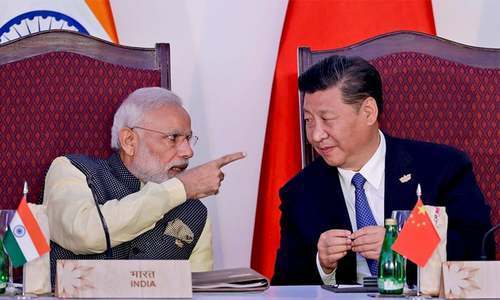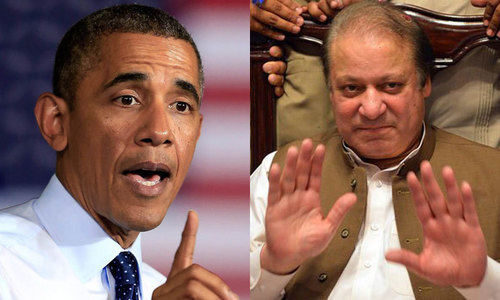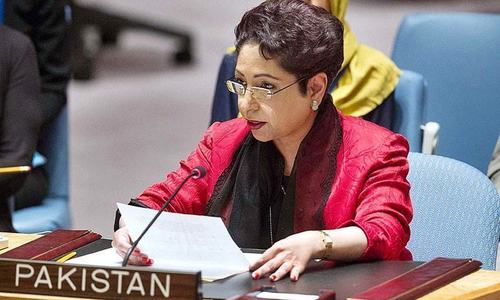UNITED NATIONS: Pakistan on Tuesday rejected what it termed “dysfunctional” suggestions for creation of new permanent seats in the so-called reformed Security Council as projected by certain self-appointed pretenders for a permanent seat on the most powerful organ of the world body.
During a debate on the expansion of the Security Council, Pakistan’s Ambassador to the UN Maleeha Lodhi said that “permanent seats are contrary to the universally agreed principles of democracy, accountability and transparency”.
“After all, permanent membership remains at the core of much that is flawed about the existing Security Council,” she said, adding “it is, therefore, counter-intuitive to us that an expansion in the council could be advocated as a means to address its inherent dysfunctionalities”.
Drawing the attention of the 193-member General Assembly to the growing and complex challenges to global peace and security, Ambassador Lodhi said this warranted a firm and clear action by the Security Council.
“An enlarged permanent membership, operating on the basis of the least common denominator, will erode the standing of the council and not strengthen its role as some argue besides compromising its efficiency and effectiveness,” she said.
The ambassador criticised the position taken by a handful of countries demanding a permanent seat in the Security Council saying these states sought a privileged and unequal status for themselves, anchored in power politics, which was in sharp contradiction to the modern democratic spirit.
“Even more telling, while they remain firmly wedded to their own positions, they ask others to be flexible,” she noted.
She argued that it was not a lack of will on the part of the many, but a lack of will on the part of a few that remained the most persistent stumbling block in the way of achieving a more representative, transparent, accountable and effective reform of the Security Council.
Ms Lodhi argued for an expansion in the non-permanent category of membership, based on equitable geographic distribution and a system of fair rotation and said that this solution was both fair and just, and was supported by all member states and groups.
“This should serve as a natural point of departure for any reform of the council,” she added.
Published in Dawn, November 9th, 2017















































